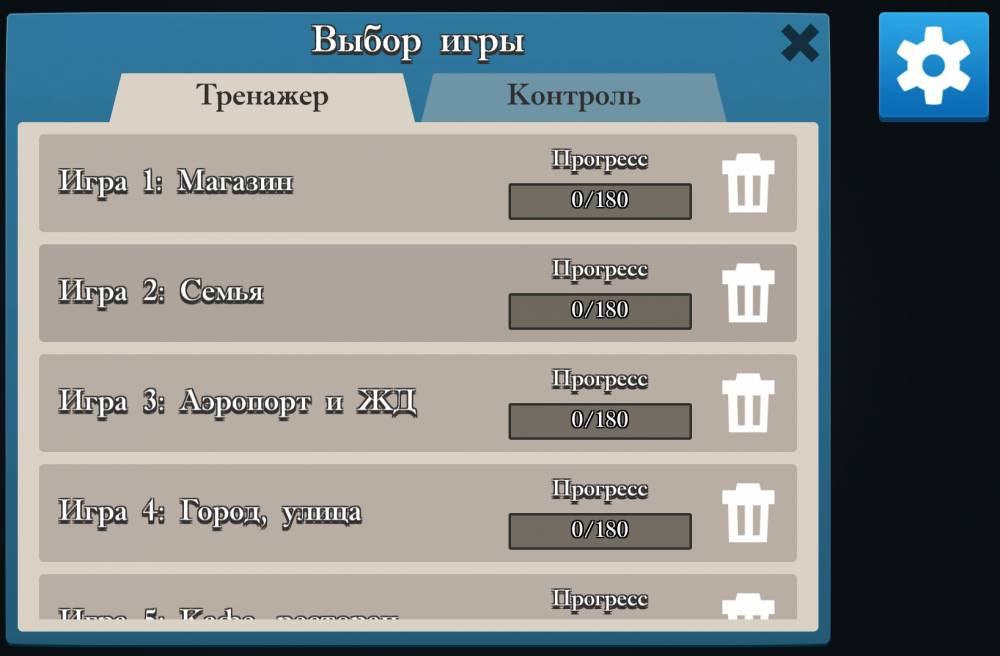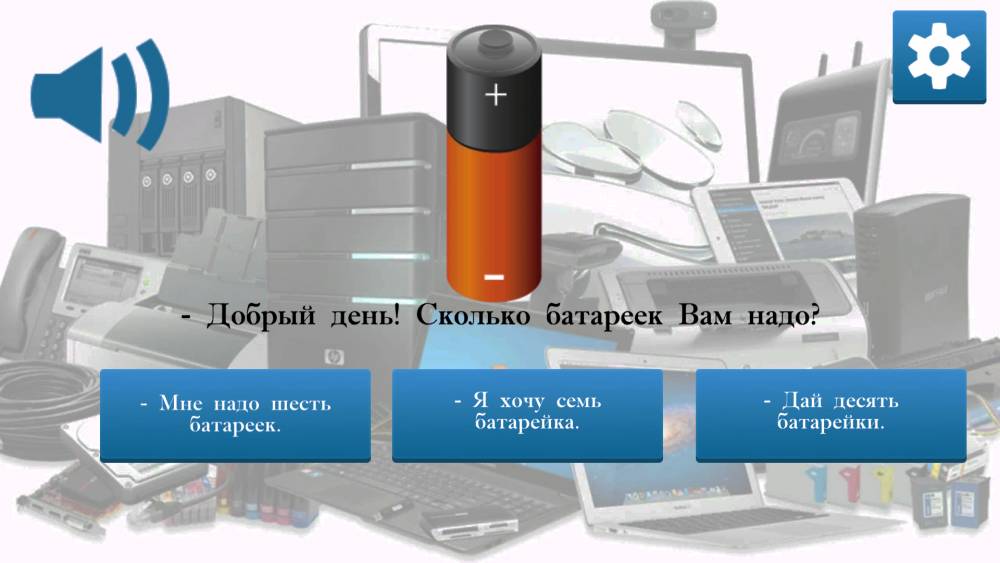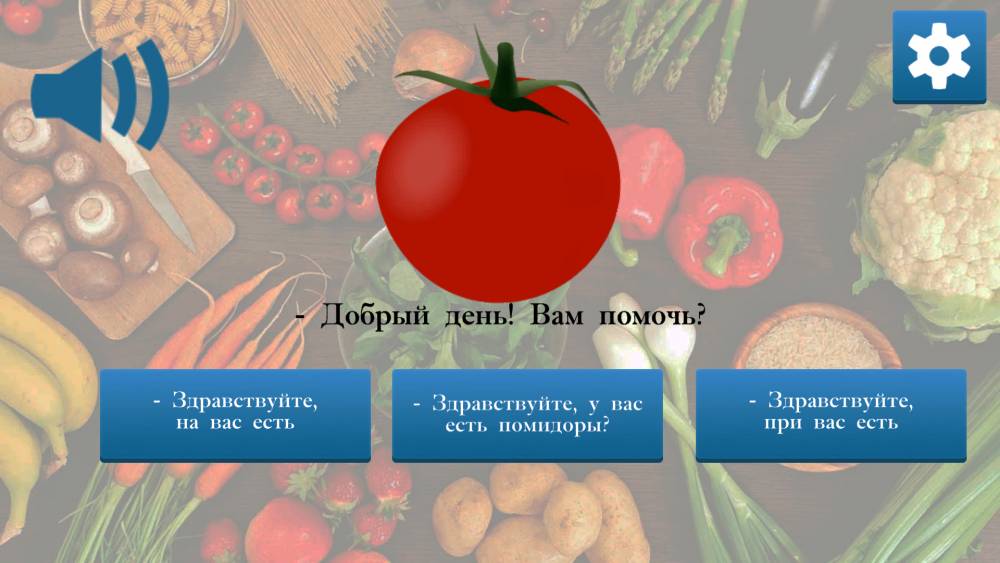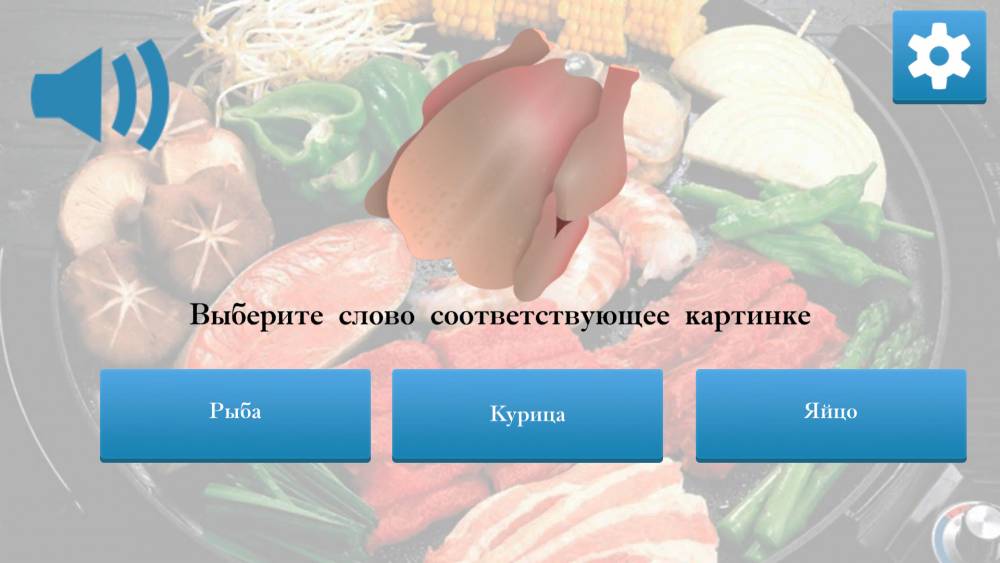Lapta mobile game for learning the Russian language
Lapta mobile game for learning the Russian language is a modern development of Russian and Chinese universities. This is the next important step after launching About Russia in Russian website of the Ural State Pedagogical University (http://o-rossii.ru/) and getting into social networks, giving everyone an opportunity to learn the Russian language and culture.
The development of cultural and economic relations between Russia and China, the intention of our countries to be BRIC partners, makes it a live issue to increase the group of specialists who know two languages. According to the Center for Sociological Research of the RF Ministry of Education and Science, the number of students from China made up 22.5 thousand people in Russian universities in 2016 and their number is constantly increasing because both parties encourage joint training and a good price/quality ratio in Russian universities. One of the main obstacles of teaching Chinese students in Russia is the language.
Over recent years, China has been rapidly developing in the technological field and its young middle class completely acknowledges this trend. That is why, traditional Russian language courses with archaic stereotypes of national images (matryoshka, valenki, Cheburashka, Kolobok) are not interesting today.
That is why, the development of new approaches to teaching the Russian language becomes more important. This is due to both the generational aspects of young people and the specifics of the use of information and communication technologies in the modern world. One of these approaches to learn the Russian language is using mobile interactive games with Russian educational content.
The Lapta project is implemented in close cooperation with the Chinese side and it is supported by the RF Ministry of Education. It is aimed at training the citizens who didn’t study Russian before or whose level is below elementary. It will also be useful to improve the skills of foreign teachers of the Russian language.
There are various developing and educational technologies: remote, computer, gaming, interactive. Mobile learning of Russian as a foreign language is based on using the mobile devices, which will help the students to develop and improve their linguistic and speaking skills anywhere. Such training is available to everyone, whether an adult or a child.
The Huaquao Educational Center of the Russian Language at the University of Foreign Languages (Changchun, Jilin province) has become the main place of distribution and testing the games in Chinese schools.
The main medium for the Lapta project promotion will be three social networks: VK, Qzone and Facebook. This will allow to outreach the target audience to the greatest possible extent. The Qzone social network was chosen due to the fact that it is popular only in China, and its use will allow to eliminate the effect of information sensitivity.
The achievement of the required level of the Russian language will help the participants to adapt to the new social and cultural environment, communicate with native Russian speakers, get acquainted with the Russian history and culture.


